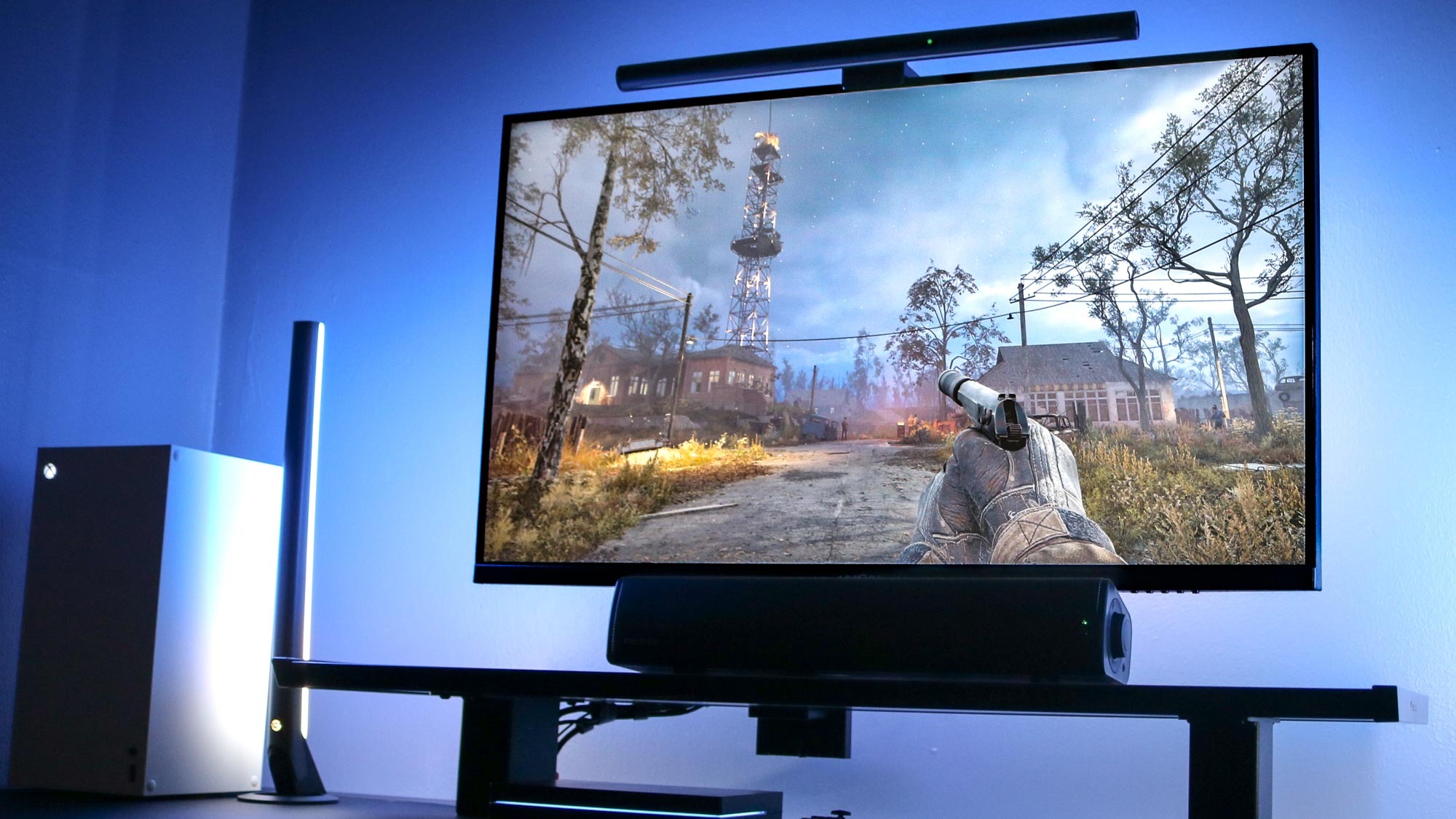
MEMOIR Patriot Alexei Navalny Penguin, $55 The West’s Alexei Navalny is a sketch joining three data points: his miraculous survival from poisoning, his return to Russia and his death in prison. To Putin, he was another Rasputin who bewitched Russia with the promise of democracy and survived the Kremlin’s attempts to poison, smear and assassinate. Until he didn’t.
Patriot , his memoir, renders Navalny back to human proportions, a man who gets butterflies before public speaking, enjoys Rick and Morty , is sentimental about love and, from the birth of his first child, starts believing in God. On paper, he is instantly likeable, his humility and self-deprecating wit dress a steely core of political conviction, borne from the belief that the Russian people deserve better from history. The son of an officer, his childhood was spent in a closed Soviet Army town in the orbit of Moscow, which allowed enough freedom to blow up lazily disposed military ordinance.
Such fun was accompanied by a burgeoning realisation that the Soviet world Putin would later nostalgically evoke for political gain was deeply flawed. These he clearly understood: the hypocrisy, material impoverishment and, in particular, the corruption that stratified a so-called strataless society, all of which seeded the Russian soul with cynicism. Why Russia, he asks, when most other Eastern Bloc countries have emerged more or less functional? He answers with another question, one that became his political platform: why do Russian oligarchs have immense estates when their Polish or Czech counterparts live normal lives? Post-collapse, he begins as a young Yeltsinite then switches to the democratic party Yabloko, where he realises all established parties, even the opposition, are either irredeemably complacent or corrupt.
With the existing media as compromised as the political class, he tries direct politics, hosting live debates big enough to attract Putin’s thugs who throw Nazi salutes and intimidate venue owners. These, he invites on stage to debate him. Shut out from conventional politics, Navalny’s ascent becomes a tech story, another Arab Spring transplanted north.
Unlike the Chinese government, the Kremlin acted like the sclerotic Arab regimes who never took the internet seriously until it was too late. Navalny in a defendants’ cage during a hearing in Moscow in 2021. Credit: AP While moonlighting as a lawyer, Navalny investigates corruption, blogging his findings on LiveJournal .
There was no shortage of material in a chaotic epoch where the plundering of state assets by oligarchs was the norm. Navalny uncovers the embezzlement of billions of rubles. In Patriot , he downplays his bravery, consoling himself, his wife Yulia and two children, he was “too famous to be killed”.
As his peers are cut down, he realises the fallacy but continues undeterred building an expert team from his followers. His 2013 mayor of Moscow campaign was funded by micro-donations, another tech innovation used to sidestep authoritarian restrictions. He wins 27 per cent of the vote, enough to convince the Kremlin that he poses a genuine political threat.
Five years later he decides to run for president. From here the Kremlin throws everything to check his surging popularity: hired thugs harass him at events, tossing poison in his face; courts instigate corruption trials, while state television denounces him. Finally, the attempted assassination serves as the book opening, on a commercial flight as the nerve agent kicks in.
For the final third, Navalny writes from prison, jailed on his return after his recovery in Germany. His political aspirations thwarted, he is taunted by a penal system eerily like the Soviet system of his youth: unknowable rules, arbitrary punishments and impossible logic. His well televised court appearances are show trials.
Navalny resists at every turn, resorting to two hunger strikes. He laments his book will be littered with prison literature cliches, but he vows to record the truth. His struggles and writing belong in the tradition of Solzhenitsyn and samizdat, the Soviet underground press.
Navalny’s final entry was poignant enough move this reviewer to tears. On the third anniversary of his arrival in prison, under a regime of escalating depravation that included a full year’s solitary confinement, the next cell inhabited by a howling maniac shipped in to taunt him, Navalny again answers the question: why did he return? Answering that while campaigning, he promised never to abandon Russia. “If your convictions mean something, you must be prepared to stand up for them and make sacrifices if necessary.
And if you’re not prepared to do that, you have no convictions ...
they’re only thoughts in your head.” Patriot is a reminder of literature’s true purpose: to allow ideas to survive their author’s destruction. Navalny’s murder remains a tragedy for Russia and the world at a precarious moment.
Yet, this book will inspire every reader with its demonstration that strength, justice and conviction are strong and simple enough to outlast even death. The Booklist is a weekly newsletter for book lovers from Jason Steger. Get it delivered every Friday .
.














